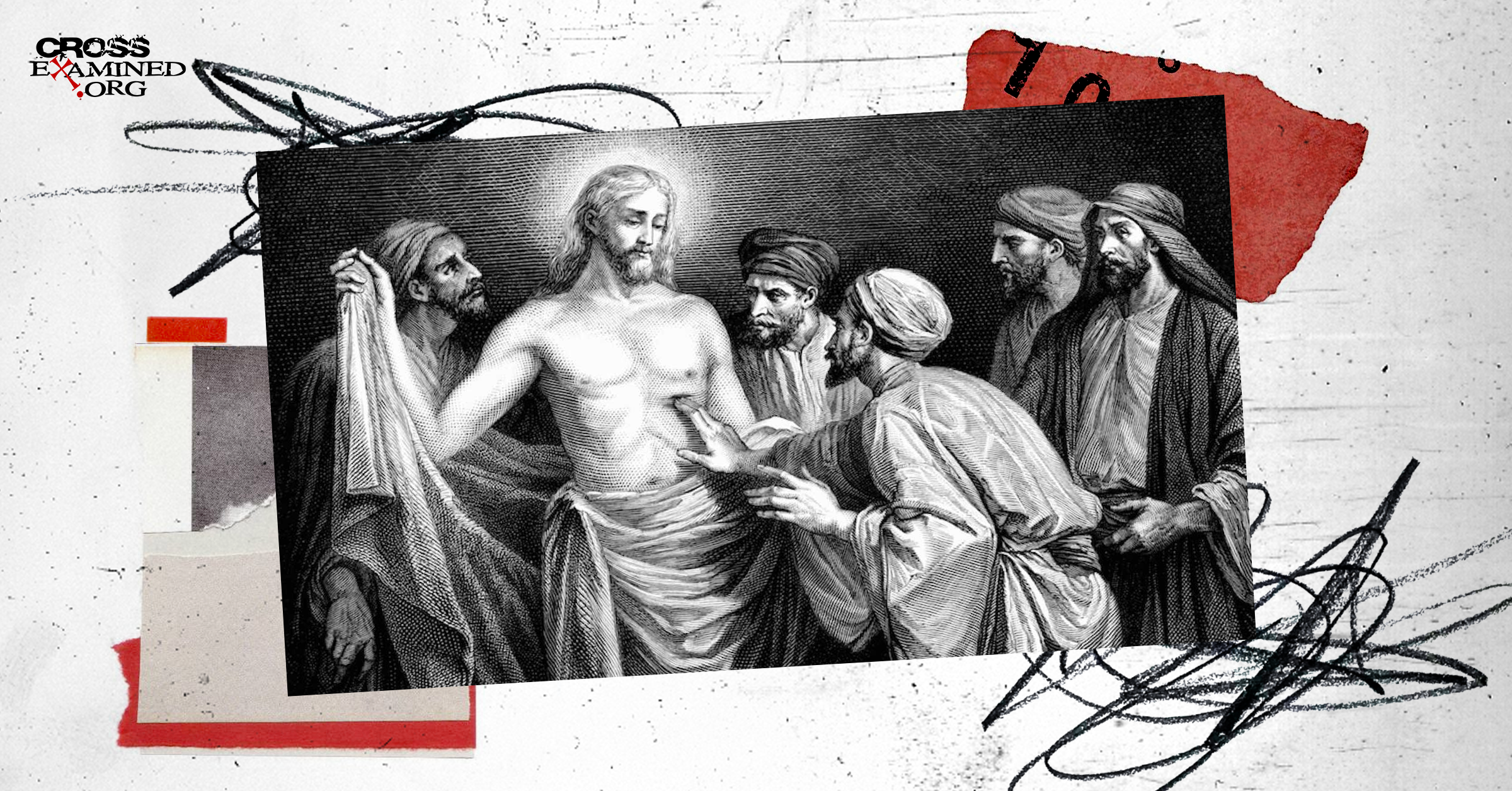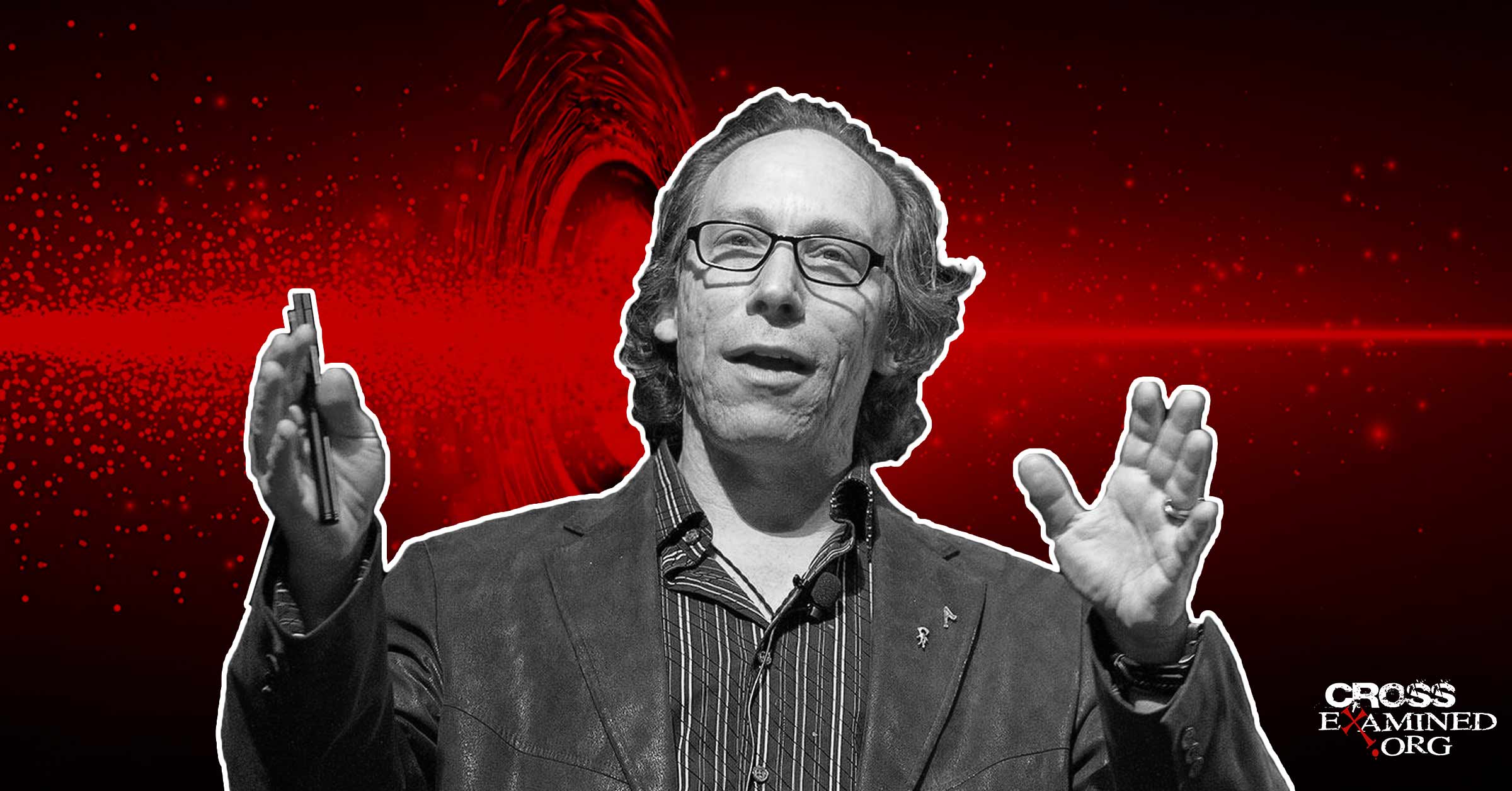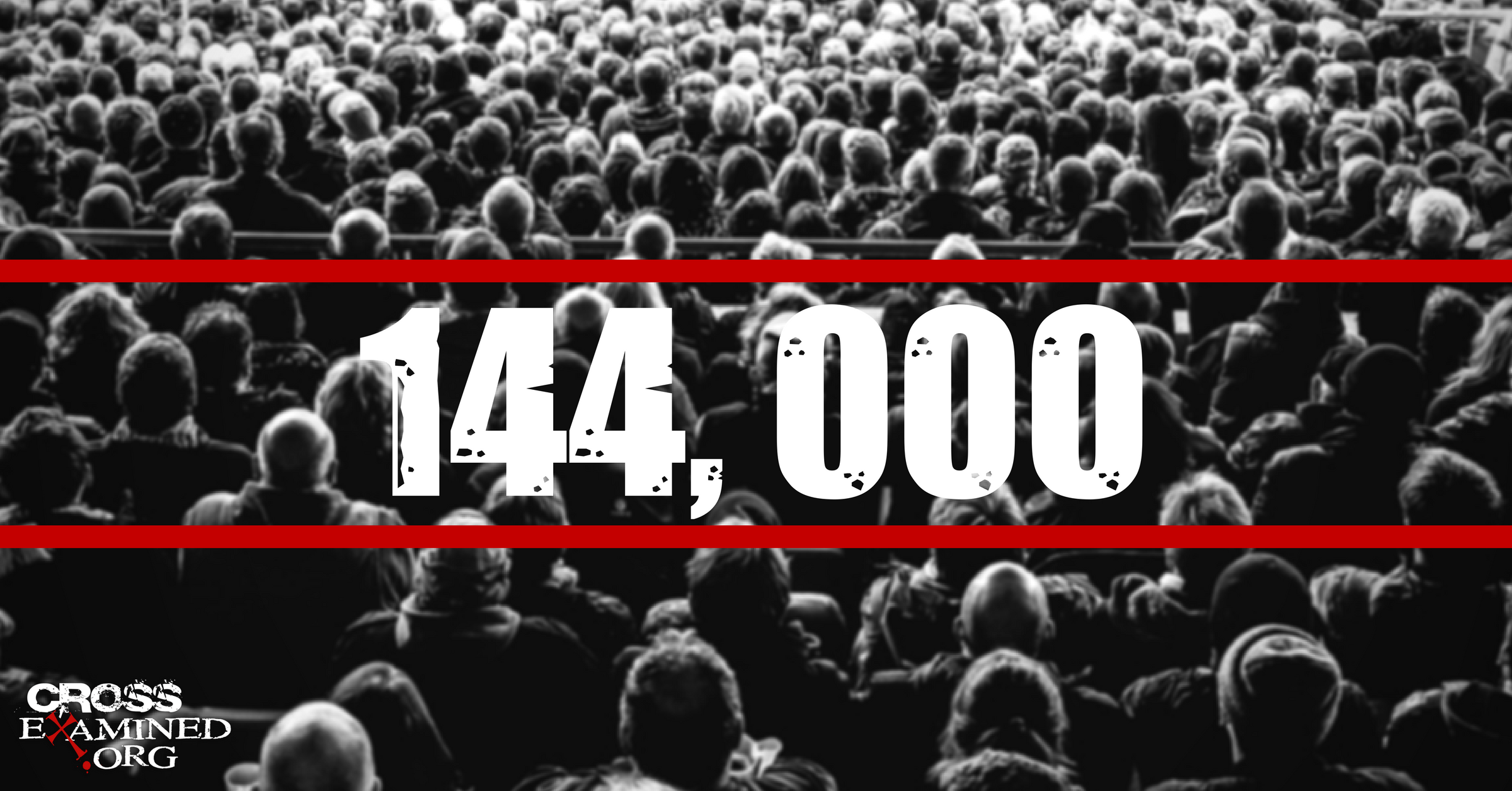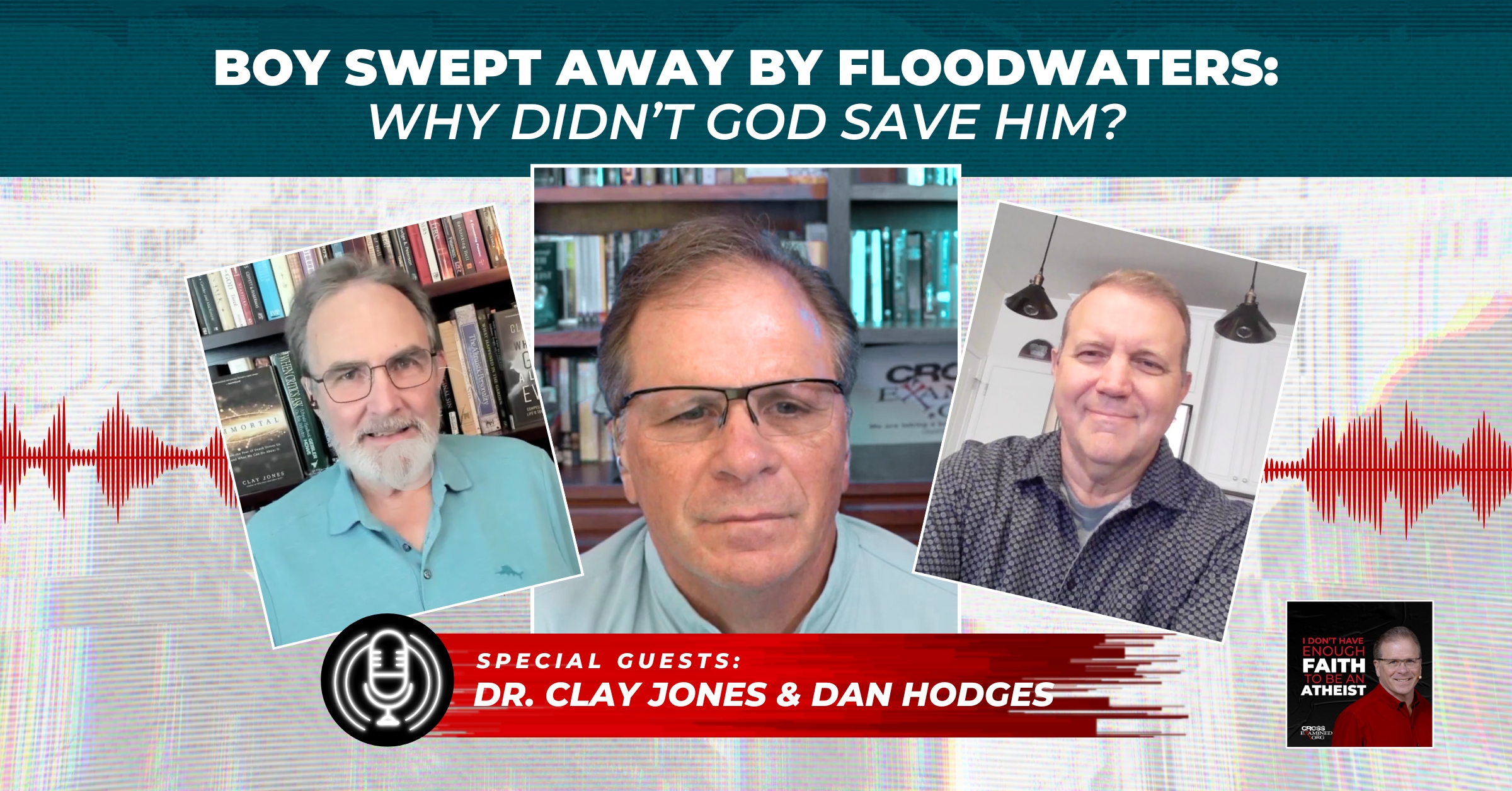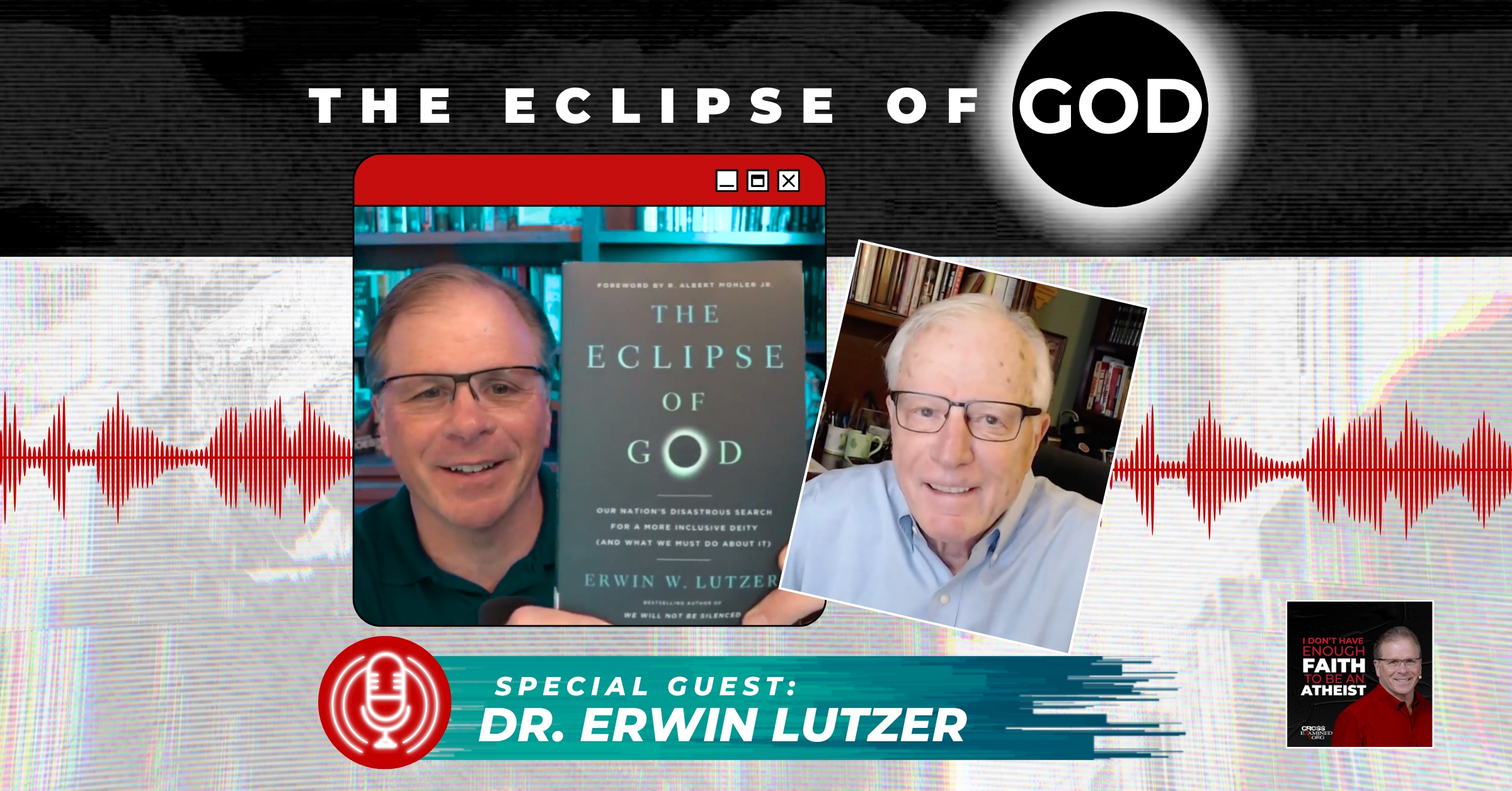Prioritizing FAT Christians: A Practical Theology for Pastors
Several weeks ago, I was listening to the podcast “Wise Disciple” with Nate Salah ( “Is Voddie Wrong about Churches?”). He was discussing the need for pastors to focus on finding FAT Christians in their congregations. (Don’t worry. FAT is an acrostic.) This is to say, pastors need to prioritize their time and efforts upon Christians who are Faithful, Available and Teachable. There are multiple reasons why this principle ought to be followed by pastors. But before addressing those reasons, we need to understand what exactly a FAT Christian is.[i]

What are F.A.T. Christians?
FAT Christians are not just interested in Jesus but are committed to him as true disciples. Specifically, these are believers who are faithful in many things in the local church, such as attendance to Sunday worship, small group studies, and Sunday school. They are available to serve in the local church whether as elders, deacons, teachers, or just servants who are consistently available to do the work of ministry. Such believers are also teachable: they can be further trained and discipled in the ways of Jesus. They have an attitude of openness to instruction, realizing they lack in knowledge and wisdom. I would add that FAT Christians also have a passion to spread the Gospel and shine the light of Jesus wherever they go. FAT Christians, in short, are true disciple of Jesus, attempting to live out the faith in every corner of their life. They have Jesus as their priority, not their jobs, trips, vacations, or celebratory events (although these can be important endeavors).
Pastors, however, need to realize that not every person who proclaims the name of Christ is FAT. If you serve as a pastor or leader in a local church, you know this too well. Faithfulness, availability, and a teachable spirit are often like apocalyptic blood moons: rare. One person is faithful but lacks availability and a teachable spirit, and another may be teachable but is not faithful or available. Some may not be any of these. As numerous studies have shown, Millennials and Gen Z are especially challenged in the areas of faithfulness (commitment) and availability.
It should be no surprise that FAT Christians are rare. Jesus stated that “the gate is wide and the way is broad that leads to destruction, and there are many who enter through it . . . and the gate is small and the way is narrow that leads to life, and there are few who find it” (Matt 7:13-14; NASB). If the path to destruction is wide and the way of Christ is so narrow, it should be expected for true discipleship to be just as difficult to find. Perhaps even more difficult than finding the narrow way of life. It is unfortunate that so many in the local church who proclaim the name of Jesus remain so lean (the opposite of FAT). And some often remain lean with no intention of becoming FAT.
Pastors, Find the FAT Sheep
As difficult as it may be to hear or accept, shepherds of a local flock ought to let the lean sheep graze in the farther corners of the pasture and prioritize focusing upon the FAT sheep. One reason pastors ought to adopt this principle is because the lean ones often detract from the divine work of the church: evangelism and discipleship. Those who continually reject [and waste] the meals offered to them by pastors often take away precious time and food from those who are hungry. As a result, evangelism and discipleship suffer. Don’t allow the sheep who spit out the food, or turn about-face with just one whiff of a meal, to detract from the mission of the church, thereby starving the hungry ones. Consider, too, that God himself does not continually attempt to force feed acceptance of his Son or his will. He gave humans the freedom to accept or reject him (of course, this assumes that freedom of the will is truly real). Sure, God continues to call out to the same sinners, working on them perpetually. He desires all to be saved. Pastors should do the same but not to the detriment of the church’s mission.
Another reason to focus upon FAT Christians is because they desire to be fed with food that truly fills. They want to focus upon God, the Scriptures, and other valuable studies, like theology and apologetics. Those who do not distract others from the feasts of learning. Like a child who consistently is distracted by the birds outside the window, so-called lean Christians continually draw attention to things that have no relevance or importance to true discipleship—the color of the carpet, style of worship music, whether the pastor called every sick person in the congregation, what specific word was used in a prayer or sermon, or how a person dresses. All these things are distractions, and if a pastor gives any attention to these, the FAT Christians will starve.
One other reason pastors ought to focus upon FAT Christians is because the lean ones mostly discourage pastors (and the other sheep for that matter). Because they spend an inordinate amount of time majoring in the minors by focusing upon airing their pedantic opinions, the lean sheep become a source of major discouragement. All the complaining and nitpicking drains pastors mentally, emotionally, spiritually, and often physically. But remember, they are not there to be fed anyway, so pastors might as well focus their attention upon those who want to eat. Feed the ones who are truly hungry for Jesus.
Isn’t This Cruel Advice?
It may be tempting to see this principle of focusing upon FAT Christians as cruel advice or even a dereliction of one’s pastoral duties. Isn’t it promoting the neglect of some of the sheep? And if so, doesn’t this directly contradict all we know about the teachings of Jesus concerning love, patience, endurance, and other virtues and fruit of the Spirit?
Not necessarily. For one, it is not just impractical but impossible for one pastor to focus upon the entire flock equally anyway. This is one reason why Christ gave the local church a plurality of elders and deacons and the numerous commands for the entire church to be involved with ministry: so that the entire flock could be cared for. Jesus himself could not even focus upon every person in the crowd who followed him. For sure, he taught the entire crowd, but he also had just twelve upon whom he primarily focused. Even within the twelve, Jesus focused more attention upon Peter, James, and John.
Second, to focus upon FAT Christians in not neglectful of the lean Christians. Neglect implies little to no care whatsoever. But this is not the case. The principle does not say to neglect the lean sheep; it says not to prioritize them. They are still on the sheep list, so to speak, but they are not at the top of the list. The reason why is because mostly what they do is distract, detract, and discourage as stated above. Note, too, that they are always welcome to discontinue being this way and be transformed by the Holy Spirit. Then, they can become one of the FAT Christians. In fact, pastors should continually pray for and encourage the lean sheep to become FAT.
Moreover, an argument can be made that it is unloving toward the FAT sheep to focus equally upon the lean ones. What is more unloving than starving the sheep who want to be fed because pastors are distracted by the ones who do not want to eat? Additionally, prioritizing the FAT is more loving, patient, and longsuffering for the lean sheep themselves. What is more loving and patient than allowing people to complain, nitpick, and attempt to distract while still teaching them and not entirely ignoring them? This may very well be the definition of patience. So, prioritizing the FAT is ultimately the more loving thing to do for both the lean and the FAT.
The Point
Jesus once sent out his disciples to preach the Kingdom of God, heal, and cast out demons (Mark 6:7-13). He specifically instructed them to enter into a person’s house and stay there. They were to remain in that house and town as long as their teaching was accepted. If that town were to reject them and their teaching, they were to “go out from there, shake the dust off the soles of their feet for a testimony against them” and move on.
Certainly, these words of Jesus were circumstantial to a degree. There is, however, an underlying thought here that supports this principle of prioritizing FAT Christians: some people are not going to accept (or will fight against) the biblical teaching pastors offer and focus on distracting, detracting, and discouraging. As such, pastors ought to “shake the dust off the soles of their feet” and move on to those who desire it. The harvest is plentiful, as Jesus commented elsewhere, and so pastors need to work at finding and feeding those who desire it. Do not neglect the lean sheep, but nevertheless, find the FAT ones and feed them. There are many who are hungry for Christ, so make the FAT the priority.
References:
[i] Editor’s Note: At Crossexamined, we usually focus on apologetics, but always with a view for the Great Commission; that is, go and make disciples (Matt. 28:18-20). This blog by Pastor Paul Rasor focuses on that discipleship component. And since apologetics works great in any well-rounded discipleship program, then this advice about discipleship is solid advice for apologetics training. Pastors should invest apologetics training in Christians who are faithful, available, and teachable.
Recommended Resources:
Jesus, You and the Essentials of Christianity by Frank Turek (INSTRUCTOR Study Guide), (STUDENT Study Guide), and (DVD)
How to Interpret Your Bible by Dr. Frank Turek DVD Complete Series, INSTRUCTOR Study Guide, and STUDENT Study Guide
How Philosophy Can Help Your Theology by Richard Howe (DVD Set, Mp3, and Mp4)
Another Gospel? by Alisa Childers (book)
Peter J. Rasor II is presently the Senior Pastor of Lilburn Christian Church in Lilburn, GA and is an adjunct professor of philosophy at Grand Canyon University (GCU). He previously served as Assistant Professor of Philosophy at GCU (2015-2023). He is co-author of Controversy of the Ages (2017), author of the fantasy novel The Plague of Kosmon: Rise of the Seer, and has a multiple-authored forthcoming book An Introduction to Philosophy: A Christian Guide to the Things that Really Matter (Zondervan; 2025). He holds a ThM in theology and PhD in philosophy from The Southern Baptist Theological Seminary (Louisville, KY) and a MA and MDiv from Cincinnati Christian University.
Original Blog Posted Here: https://bit.ly/3XVFcfU

